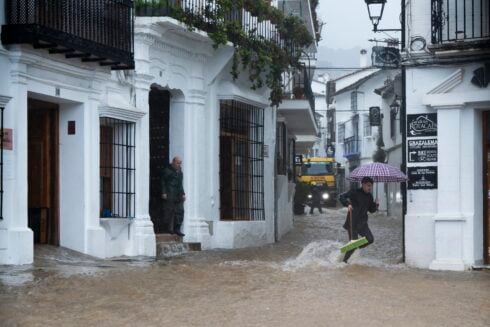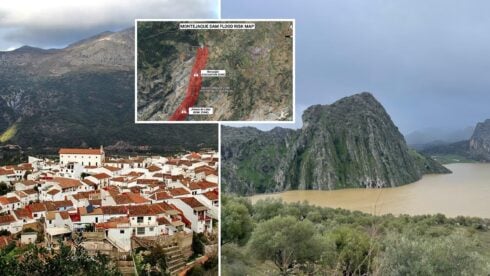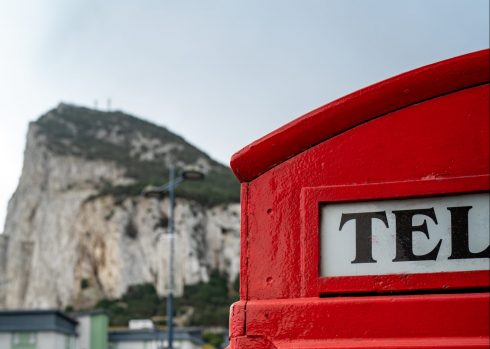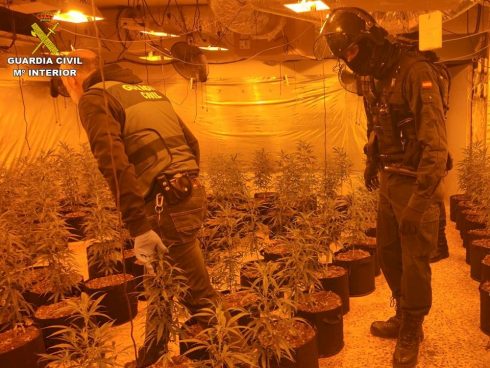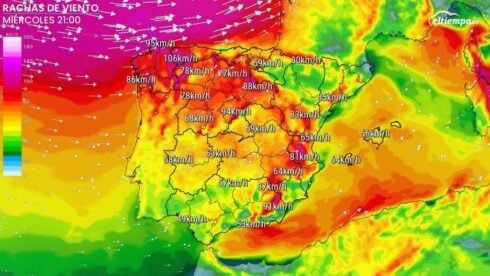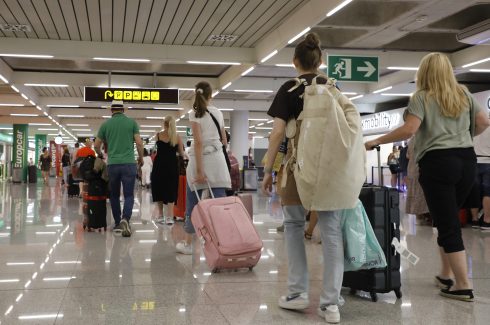SPAIN’S inflation rate for December was 5.7%- a tenth lower than in provisional figures announced a fortnight ago by the National Institute of Statistics.
The fall was down to a decrease in energy prices leading to the lowest rate since November 2021.
Economy Minister, Nadia Calviño, told Radio Nacional on Friday: “It is clear that inflation has fallen very quickly and we ended 2022 well below the euro zone rate, and we have to continue like this in 2023.”
Food inflation continued to spiral, reaching 15.7% last month- up 0.4% on November.
It’s the biggest food inflation figure since current measurement systems were introduced in 1994.
Core inflation which excludes energy and fresh food due to price volatility rose to 7% , an increase of 0.7% due to rises in clothing, footwear, and processed food products.
Average inflation for 2022 was 8.3%- the highest rate since 1986.
The government is banking that tax cuts on basic food products introduced on January 1 will have a positive impact on the inflation rate, but that will have to be counterbalanced by the ending of the 20 cent fuel subsidy.
Miguel Cardoso, chief economist BBVA Research Spain told El Pais: “The tax cut at best will have a maximum impact of a 0.4% inflation rate fall, but it could be as low as 0.2% as firms had absorbed some of the price rises and will now look to offset the tax reduction.”
Click here to read more Spain News from The Olive Press.


